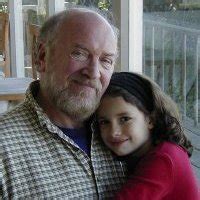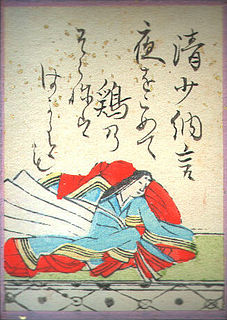A Quote by Alan Watts
Our pleasures are not material pleasures, but symbols of pleasure – attractively packaged but inferior in content.
Related Quotes
I once heard that Quentin Tarantino, who I obviously love and think is a genius, says that there's no such thing as guilty pleasure, there's only pleasures. And I do love that idea, because I do think that there's a pretentiousness when people make a list of their favorite things. I like to live a life where I don't think of my pleasures as guilty pleasures.
Lenten practices of giving up pleasures are good reminders that the purpose of life is not pleasure. The purpose of life is to attain to perfect life, all truth and undying ecstatic love - which is the definition of God. In pursuing that goal we find happiness. Pleasure is not the purpose of anything; pleasure is a by-product resulting from doing something that is good. One of the best ways to get happiness and pleasure out of life is to ask ourselves, 'How can I please God?' and, 'Why am I not better?' It is the pleasure-seeker who is bored, for all pleasures diminish with repetition.
The pleasure of eating should be an extensive pleasure, not that of the mere gourmet. People who know the garden in which their vegetables have grown and know that the garden is healthy will remember the beauty of the growing plants, perhaps in the dewy first light of morning when gardens are at their best. Such a memory involves itself with the food and is one of the pleasures of eating. (pg. 326, The Pleasures of Eating)
Our sages of blessed memory have said that we must not enjoy any pleasure in this world without reciting a blessing. If we eat any food, or drink any beverage, we must recite a blessing over them before and after. If we breathe the scent of goodly grass, the fragrance of spices, the aroma of good fruits, we pronounce a blessing over the pleasure. The same applies to pleasures of the sight. And the same applies to pleasures of the ear.
There is not a little generalship and stratagem required in the managing and marshalling of our pleasures, so that each shall not mutually encroach to the destruction of all. For pleasures are very voracious, too apt to worry one another, and each, like Aaron's serpent, is prone to swallow up the rest. Thus drinking will soon destroy the power, gaming the means, and sensuality the taste, for other pleasures less seductive, but far more salubrious, and permanent as they are pure.
As human beings we have the capacity to enjoy limitless, blissful happiness...there is nothing wrong with having pleasures and enjoyments. What is wrong is the confused way we grasp onto these pleasures, turning them from a source of happiness into a source of pain and dissatisfaction. It is grasping and attachment that is the problem, not the pleasure themselves.










































